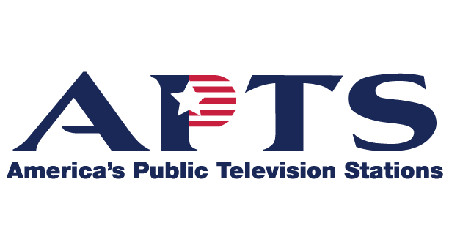Public TV Datacasting Key for Remote Education, APTS Tells FCC
Organization pushing for datacasting support via ATSC 3.0, as well as exemptions to ancillary fees

WASHINGTON—In the midst of another school year impacted by the COVID-19 pandemic, America’s Public Television Stations is making the case to the FCC for the importance of broadcast datacasting via public television in providing educational materials to U.S. households that do not have access to broadband.
Recapping a meeting that APTS and PBS had with the Lyle Elder of the FCC’s Media Bureau Policy Division, APTS outlined how broadcast datacasting has already benefited children in multiple states, how it could be improved with NextGen TV and why it should not be necessary for stations to pay additional fees for funds that support datacasting.
According to APTS, of the 56.6 million school children across the U.S., 20% lack access to broadband connectivity. While public TV stations are helping by providing curriculum aligned on-air learning opportunities, supplemental resources required by State Departments of Education, usually delivered via broadband, require extra support. This is where datacasting comes in, APTS says.
Public TV stations in Pennsylvania, South Carolina and Indiana have implemented datacasting services to help deliver these supplemental resources by using their broadcast spectrum and to allow for any device with internet access to receive the materials, requiring only one Wi-Fi datacasting receiver in a home.
APTS says that the transition to NextGen TV will greatly enhance datacasting, as the newest receivers are ATSC 3.0 compatible, “truly creating broadcast internet services in education, public safety, telehealth, precision agriculture and more.”
To support their datacasting efforts, Pennsylvania, South Carolina and Indiana have all provided state funding. Pennsylvania has donated $8 million to public TV stations specifically for datacasting, with $15 million in total being made available to schools to secure broadband, mobile hot spots and other platforms to increase equitable access to remote learning. South Carolina Educational Television received a $2.4 million grant from the U.S. Department of Education to expand educational datacasting, and an additional $1.3 million from the state. Meanwhile, Indiana has provided a $1.38 million grant for establishing educational datacasting for schools in Jennings County.
In regards to this funding, APTS and PBS say that it is “illogical” to require public TV stations to pay a 5% fee on federal, state and local government provided funds for mission related public services. In addition, they asked the FCC to exempt public TV stations from ancillary and supplementary fees, saying that the collection of these fees is derived from “commercial use” of funds.
Get the TV Tech Newsletter
The professional video industry's #1 source for news, trends and product and tech information. Sign up below.
“Datacasting has the potential to change the remote learning landscape for children and educators in rural, low-income and internet desert communities because of its ability to transmit the same instructional content and educational resources that would normally require an internet connection,” APTS said.
